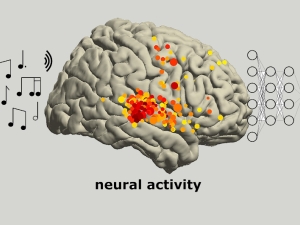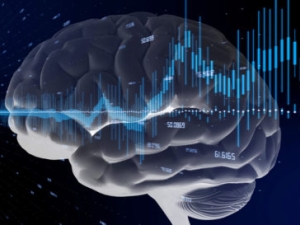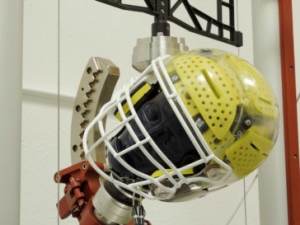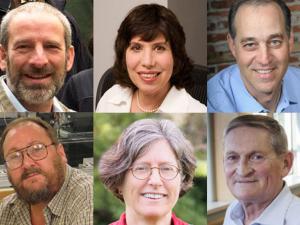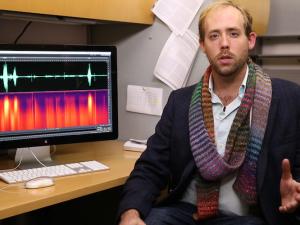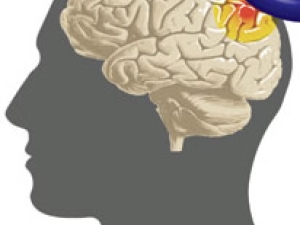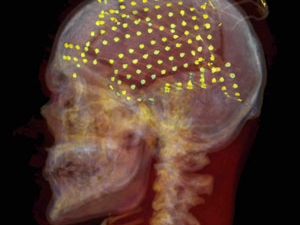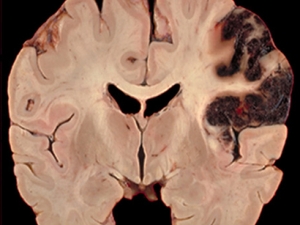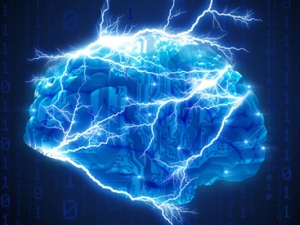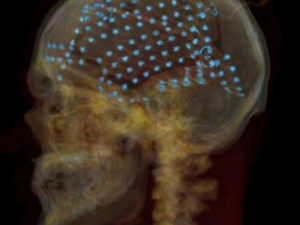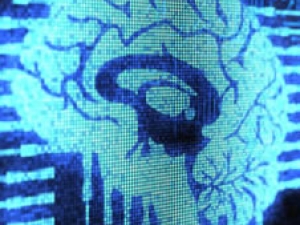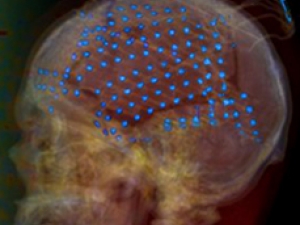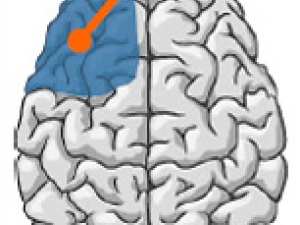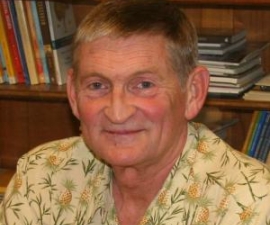

Research Bio
Robert T. Knight is a professor in the Department of Psychology and the Helen Wills Neuroscience Institute. His laboratory studies the contribution of prefrontal cortex to human behavior. They use electrophysiological and behavioral techniques to study controls and neurological patients with frontal lobe damage in an effort to understand the neural mechanisms subserving cognitive processing in humans. The laboratory also records intracranial activity directly from the cortical surface (electrocorticogram; ECoG) and depth (stereoencephalography; sEEG) in neurosurgical patients with implanted electrodes to study the electrophysiology of network activity supporting goal-directed behavior in humans. The laboratory also uses this information for development of brain machine interfaces for motor and language prosthetic devices.
Research Expertise and Interest
cognitive neuroscience, language, physiology, memory, attention, psychology, working memory, neuropsychology, human prefrontal cortex, neural mechanisms of cognitive processing, sensory gating, sustained attention, ad novelty detection
In the News
Brain Recordings Capture Musicality of Speech — With Help From Pink Floyd
Where do our minds wander? Brain waves can point the way
Brain noise contains unique signature of dream sleep
New helmet design can deal with sports’ twists and turns
Six UC Berkeley faculty elected AAAS fellows
Pop-outs: How the brain extracts meaning from noise
Will computers ever truly understand what we’re saying?
From Apple’s Siri to Honda’s robot Asimo, machines seem to be getting better and better at communicating with humans. But some neuroscientists caution that today’s computers will never truly understand what we’re saying.
Brain’s iconic seat of speech goes silent when we actually talk
The brain’s speech area, named after 19th century French physician Pierre Paul Broca, shuts down when we talk out loud, according to a new study that challenges the long-held belief that “Broca’s area” governs all aspects of speech production.
Study links honesty to prefrontal region of the brain
Are humans programmed to tell the truth? Not when lying is advantageous, says a new study led by Assistant Professor Ming Hsu at UC Berkeley’s Haas School of Business. The report ties honesty to a region of the brain that exerts control over automatic impulses.
CNEP researchers target brain circuitry to treat intractable mental disorders
Neuroscientists, engineers and physicians are teaming up for an ambitious five-year, $26 million project to develop new techniques for tackling mental illness.
Scientists decode brain waves to eavesdrop on what we hear
Neuroscientists may one day be able to hear the imagined speech of a patient unable to speak due to stroke or paralysis, according to University of California, Berkeley, researchers
Science decodes 'internal voices"
Berkeley researchers have demonstrated a way to reconstruct words, based on the brain waves of patients thinking of those words.
UC Berkeley, UCSF join forces to advance frontier of brain repair
Researchers at UC Berkeley and UCSF have launched the joint Center for Neural Engineering and Prostheses to develop technology that can translate brain signals into movements controlling prosthetic limbs, circumventing damaged or missing neural circuits in people suffering from disabling conditions.
Our brains are wired so we can better hear ourselves speak, new study shows
Like the mute button on the TV remote control, our brains filter out unwanted noise so we can focus on what we’re listening to. But when it comes to following our own speech, a new brain study from UC Berkeley shows that instead of one homogenous mute button, we have a network of volume settings that can selectively silence and amplify the sounds we make and hear.
Phantom images stored in flexible network throughout brain
The ability to store phantom images in our brain in order to make visual comparisons is impaired by damage to the prefrontal cortex, but intact regions of the prefrontal cortex pick up the slack in less than a second. Damage to the basal ganglia, however, causes more widespread impairment of visual working memory. New studies by UC Berkeley neuroscientists show how the prefrontal cortex flexibly picks up new functions while retaining old.
Research restructuring leads to net reduction in jobs
In mid-July, Vice Chancellor for Research Graham R. Fleming announced that the dire budget circumstances facing the campus necessitated taking a hard look, as quickly as possible, at the structure of services and deployment of resources administered from his office.
Featured in the Media
Anyone who has tried and failed to meditate knows that our minds are rarely still. But where do they roam? New research led by UC Berkeley has come up with a way to track the flow of our internal thought processes and signal whether our minds are focused, fixated or wandering. Using an electroencephalogram (EEG) to measure brain activity while people performed mundane attention tasks, researchers identified brain signals that reveal when the mind is not focused on the task at hand or aimlessly wandering, especially after concentrating on an assignment. "For the first time, we have neurophysiological evidence that distinguishes different patterns of internal thought, allowing us to understand the varieties of thought central to human cognition and to compare between healthy and disordered thinking," said study senior author Robert Knight, a UC Berkeley professor of psychology and neuroscience. For more on this, see our press release at Berkeley News.

